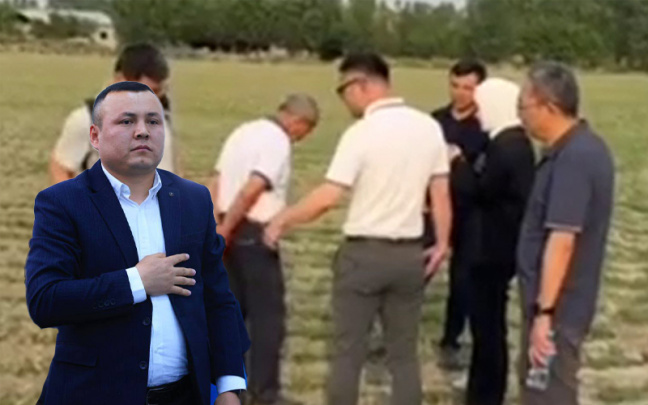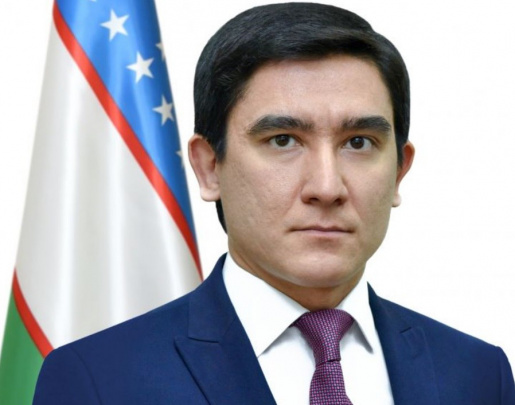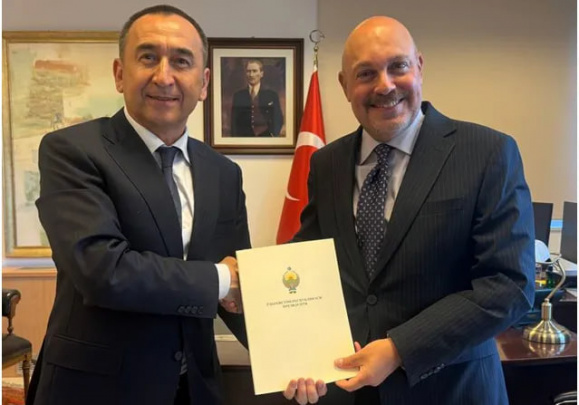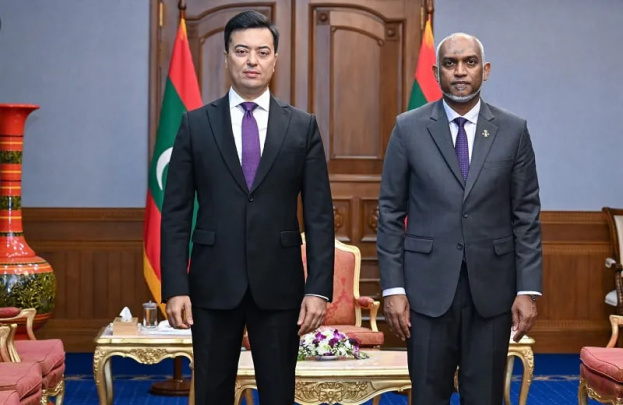Uzbekistan's longest-serving governors: A 33-year legacy of leadership
It has been 33 years since the position of governor was established in Uzbekistan. Over this period, six individuals have held regional leadership positions for 10 years or more, with one governor serving a remarkable 16 years. Additionally, three governors have managed three different regions, making them stand out.
The position of governor (Khokim in Uzbek) was established in Uzbekistan on January 4, 1992. Derived from Arabic, the term "Khokim" means "commander."
Currently, there are 221 governors in the country, with 13 overseeing regions and the capital, and 208 managing districts or cities. The creation of the new Tashkent district will bring the total number of governors to 222.
On the occasion of the 33rd anniversary of the establishment of the governor position, we focus on those who have served the longest as regional leaders or heads of the Republic of Karakalpakstan.
The most trusted governors
The longest-serving regional governor in Uzbekistan is Erkinjon Turdimov, who held the position for a total of 16 years: 8 years in Navoi (2008-2016), 2 years in Surkhandarya (2016-2018), and 6 years in Samarkand (2018-2024).
In addition to Turdimov, two other governors have managed three regions: Zoyir Mirzaev (Samarkand, Kashkadarya, and Tashkent regions, for over 10 years) and Turob Jurayev (Surkhandarya, Kashkadarya, and Samarkand regions, for nearly 6 years).
The record for the longest leadership in a single region is held by Samoyiddin Huseynov, who governed Bukhara region from 1996 to 2011, a span of 15 years.
Huseynov’s record may be surpassed in the coming years by the current governor of Andijan region, Shukhrat Abdurahmonov, who has been in office for nearly 12 years.
Two other individuals also served as regional leaders for a decade: Bahodir Yangiboev, who headed the government of Karakalpakstan, and Qobiljon Obidov, who governed Andijan region for 10 years.
Shukhrat Ganiyev led Fergana, and Nuriddin Zayniev led Kashkadarya for 9 years.
Several other state officials have served as governors of two regions. For example, the current president Shavkat Mirziyoyev was the governor of Jizzakh and Samarkand, Uktam Barnoyev governed Samarkand and Bukhara, Erkin Ruziev managed Samarkand and Tashkent regions, Kozim Tulaganov led both Tashkent city and Tashkent region, and Khayrullo Bozorov headed both Namangan and Fergana regions.
Tashkent region has proven to be the most challenging for governors. The current governor, Zoyir Mirzaev, is the 15th to hold the position in this region. So far, 13 governors have also served in Surkhandarya and Samarkand regions. For comparison, the current governor of Namangan, Shavkat Abdurazakov, is the sixth to hold the position there, while Normat Tursunov is the seventh governor of Navoi, and Shukhrat Abdurahmonov is the seventh governor of Andijan.
There are also instances where governors have led the same region twice. For example, Qobiljon Obidov served as the governor of Andijan from 1993-1996 and again from 1997-2004, while Rustam Kholmatov governed Tashkent region from 2008-2013 and again from 2019-2021.
Most officials have continued their careers in other areas of the state administration after their tenure as governors. For instance, Zoyir Mirzaev, after serving as the governor of Samarkand region, was promoted to Deputy Prime Minister and Minister of Agriculture and Water Resources, before later returning to his position as governor of Kashkadarya region.
The resignation of another former Samarkand governor, Turob Jurayev, marked one of the largest corruption scandals in recent years. In 2019, Jurayev was sentenced to 13 years in prison for accepting bribes totaling 2.14 million dollars from contractors for the construction of multi-story residential buildings as the "leader of a criminal group."
Delaying the transition to an elected governor system
It is not surprising to many that governors often insult their subordinates, engage in forced labor, or hold meetings at any time of day or night. Many domestic issues are linked to local government, whether they concern violations, drinking water, road construction, tree planting, urban beautification, loans, or job creation — all of which ultimately trace back to the governor's office.
In this context, civil society has long advocated for the election of governors by the people.
By 2023, a final decision on this matter became clear: while there will be no direct election of governors for now, the leadership of local representative bodies will no longer be held by governors.
According to the revised Constitution of 2023, after the 2024 elections, governors will no longer preside over local councils at the regional and Tashkent city levels. Instead, council chairpersons will be elected from among the deputies. This rule will be implemented in districts and cities starting on January 1, 2026.
In our opinion, it is worth reconsidering the issue of electing the heads of local executive authorities through direct, equal, and secret ballots, limiting their term to no more than two terms.
The head of state, the highest-ranking official in the country, is also elected by the people. Introducing the same process at the regional and district levels would enhance political engagement among citizens and increase their participation in governance.
Governors who are elected through such a process would likely feel a greater sense of responsibility towards the public, better understand local issues and needs, and be more motivated to resolve them.
Recommended
List of streets and intersections being repaired in Tashkent published
SOCIETY | 19:12 / 16.05.2024
Uzbekistan's flag flies high on Oceania's tallest volcano
SOCIETY | 17:54 / 15.05.2024
New tariffs to be introduced in Tashkent public transport
SOCIETY | 14:55 / 05.05.2023
Onix and Tracker cars withdrawn from sale
BUSINESS | 10:20 / 05.05.2023
Latest news
-
Qanot Sharq launches direct flights between Tashkent and Shanghai
SOCIETY | 12:52
-
New wind power plant to be built in Tashkent region
SOCIETY | 21:21 / 04.07.2025
-
Shavkat Mirziyoyev holds talks with Shehbaz Sharif, discusses strengthening Uzbekistan-Pakistan strategic partnership
POLITICS | 19:04 / 04.07.2025
-
Senate of Uzbekistan signs cooperation program with UN Population Fund
POLITICS | 19:02 / 04.07.2025
Related News

14:58 / 26.06.2025
Samarkand official who threatened to give farmers' land to Chinese investors promoted

00:18 / 24.06.2025
Aziz Magrupov relieved of his duties as Presidential Assistant

14:07 / 17.06.2025
Uzbekistan appoints new ambassador to Turkey

14:10 / 13.06.2025



